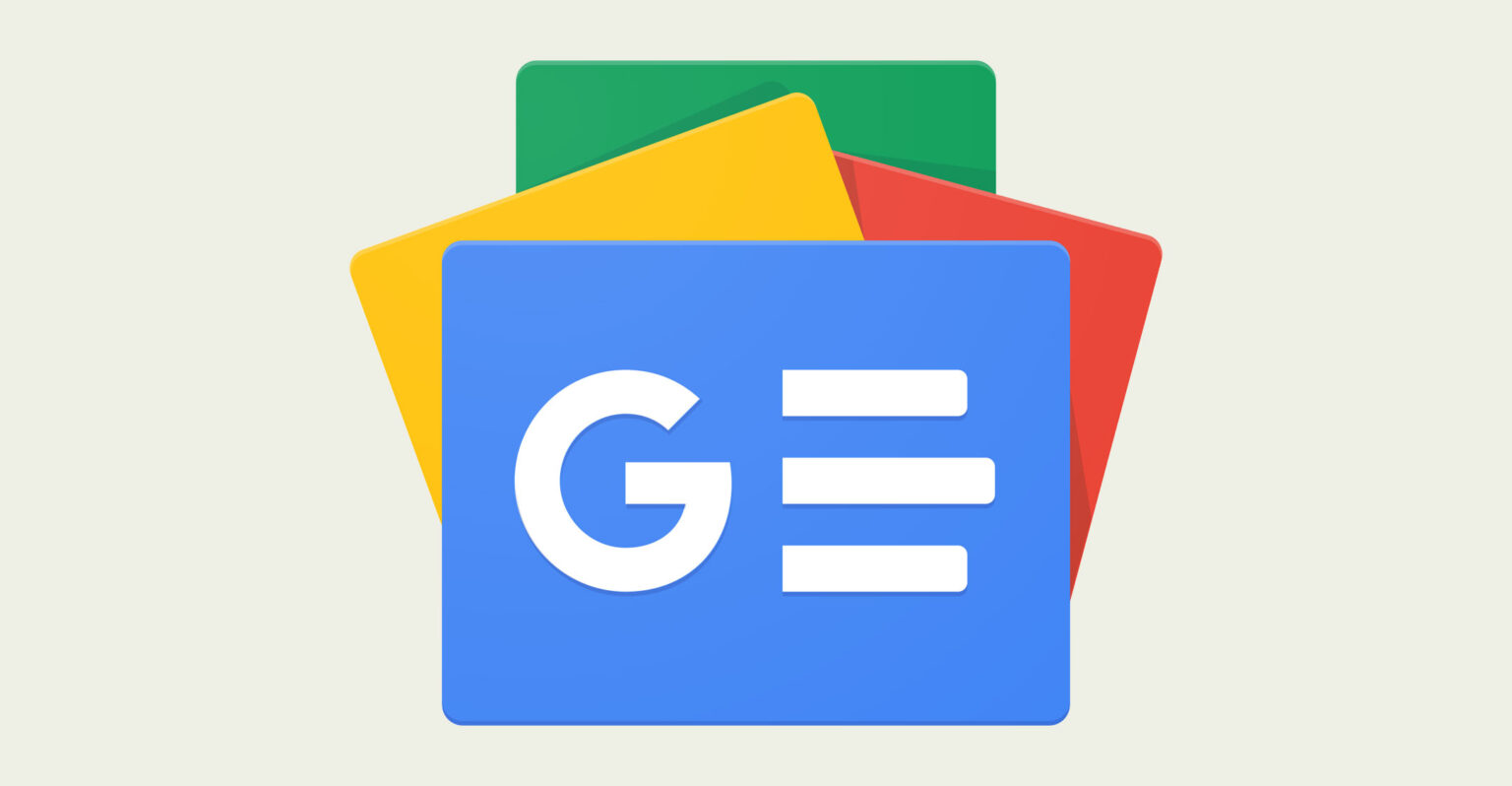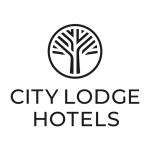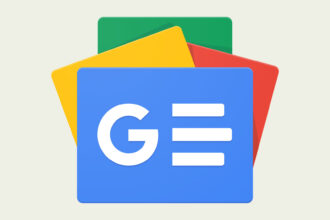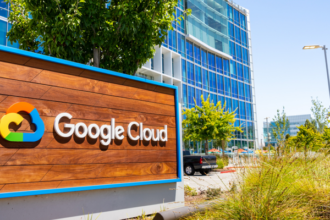Google has issued a stern warning over the South African Competition Commission’s Media and Digital Platforms Market Inquiry (MDPMI), arguing that proposed regulatory interventions could undermine consumer choice, stifle innovation, and threaten future investment in the country’s digital economy.
In a recent op-ed, Charles Murito, Google’s Regional Director for Government Affairs and Public Policy in Sub-Saharan Africa, criticised the Commission’s findings and remedies, stating that they aim to “resurrect outdated business models” and fail to reflect how user behaviour has evolved in the digital era.
“The way people interact with news has changed dramatically. We search, stream and scroll across multiple sites, platforms and screens to understand what’s going on in our communities and around the world,” Murito wrote.
- Advertisement -
A Battle Over the Digital Advertising Market
At the heart of the dispute is Google’s dominance in South Africa’s digital advertising market, where it reportedly extracted R11 billion of the R14.5 billion market in 2022—97% of which was shared with Meta, leaving just R500 million for local publishers.
The Competition Commission argues that this dominance has resulted in the extraction of R300–R500 million in value annually from local publishers, limiting the ability of South African media houses to sustain quality journalism.
Local media has felt the squeeze. Media24 reported a 52% drop in newspaper advertising and circulation revenue over a seven-year period, a trend that coincides with the rise of zero-click searches and increasing algorithmic control of content distribution by Google and Meta.
“Google just has much more scale and that’s the reason… there’s much more availability if you’re using Google,” said News24 editor-in-chief Adriaan Basson during the inquiry hearings.
Google’s Multi-Level AdTech Dominance
The Commission’s inquiry found that Google controls the full adtech stack, from publisher ad servers (Google Ad Manager) to sell-side platforms (Google AdX) and demand-side platforms (Google Ads, DV360). This 80-90% market share in adtech services translates to between R1 billion and R2 billion in 2022, compared to a mere R200–R300 million earned by all other adtech providers combined.
The Commission also raised concerns over Google’s lack of support for South African vernacular languages in its ad products, suggesting policy adjustments or direct investments to bridge the gap.
Google Defends Its Role
Google has pushed back, saying its services are not the primary source of profit in South Africa’s news ecosystem. In 2023, it claims to have made less than R19 million from ads alongside news queries, while sending 545 million clicks to news publishers—worth an estimated R350 million in referral traffic.
Google also points to its support initiatives, including the R114 million Digital News Transformation Fund and training programs for 1,500 journalists and publishers, as proof of its commitment to the local media industry.
“Forcing Google to give algorithmic preference to local news will limit diversity of sources… This is contrary to South Africans’ fundamental rights to free expression and diversity of views,” Murito stated.
High Stakes for Media and Consumers
While the Commission proposes splitting up Google’s adtech stack, reducing ad serving fees, and enforcing more equitable value sharing, Google warns these moves could “break” AI features like Gemini and AI Overviews, reduce the availability of news in search, and discourage further investment in South Africa’s digital economy.
This clash reveals a deeper global trend: Big Tech’s dominance vs. media sustainability. As AI search engines and content aggregators continue to rise, traditional publishers are demanding a fairer share of revenue.
For South African consumers, the outcome of this fight could reshape how they access news, how reliable those sources are, and whether independent journalism in the country remains financially viable.











